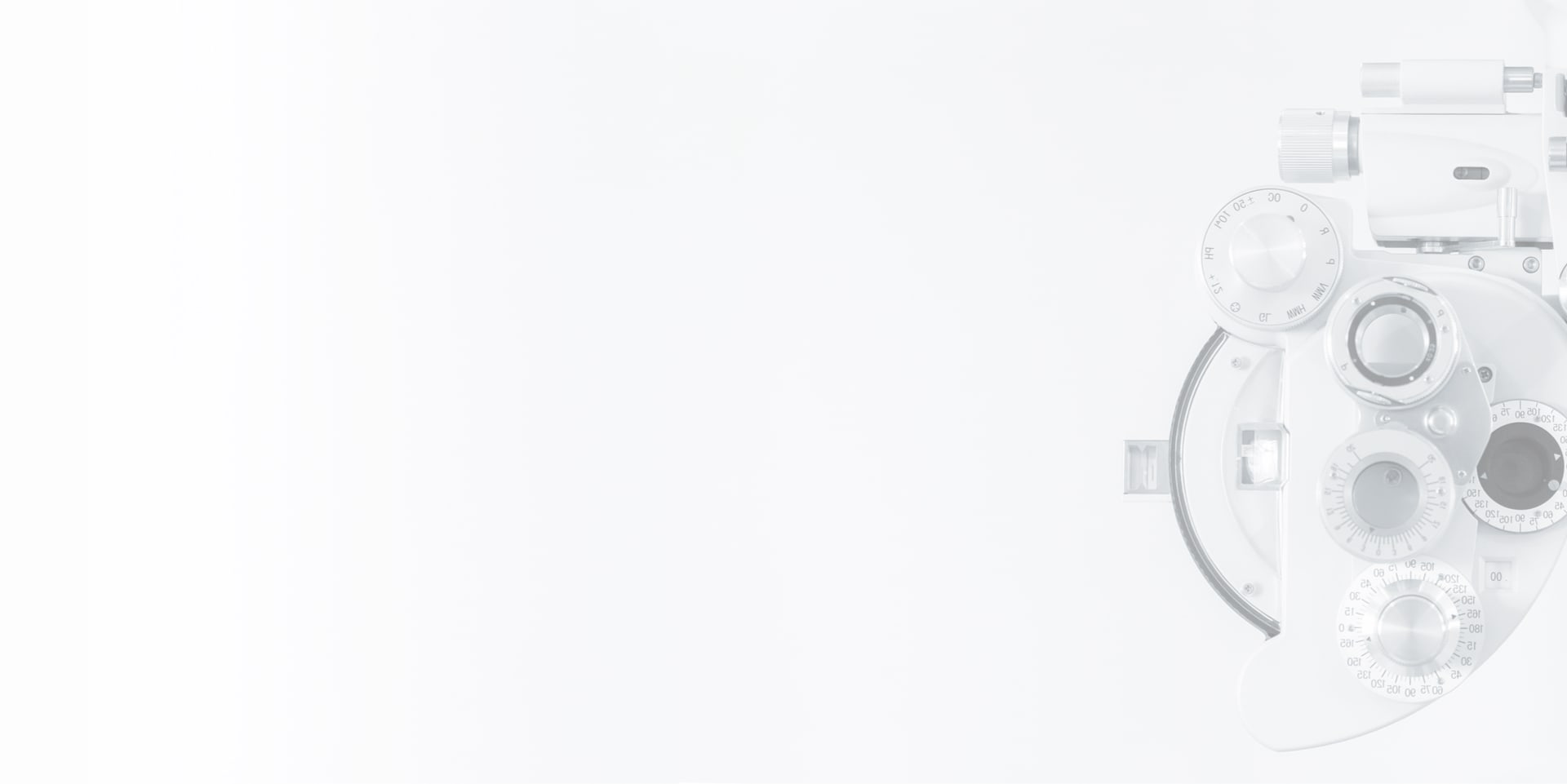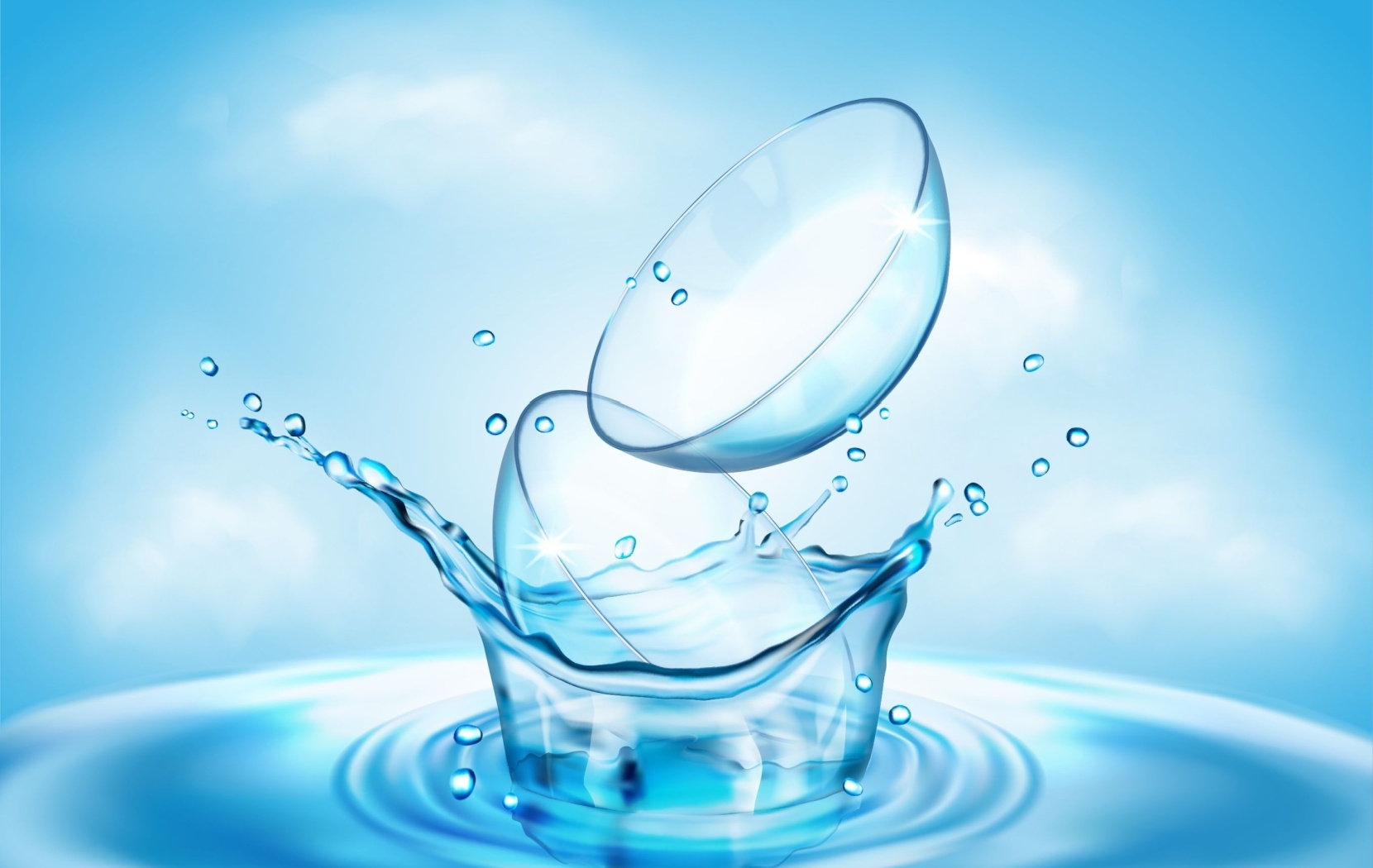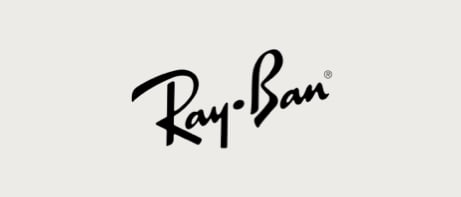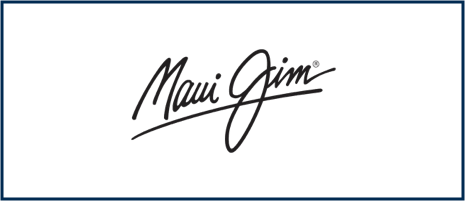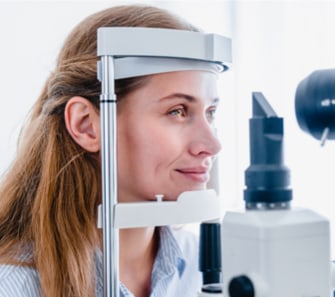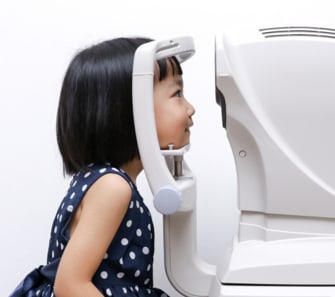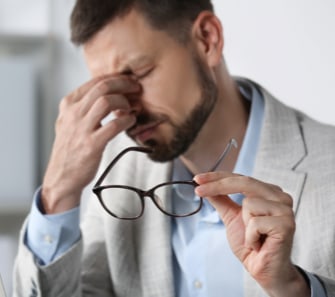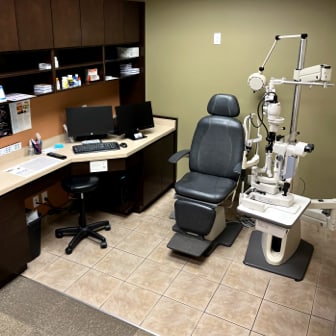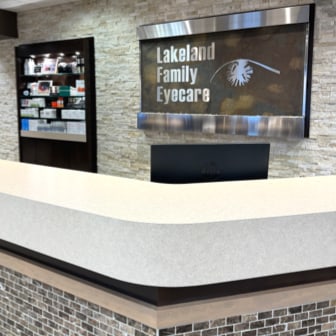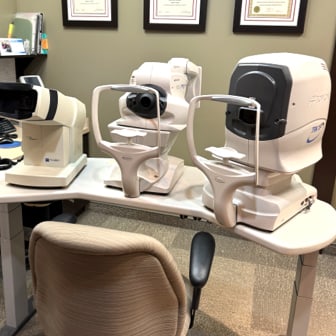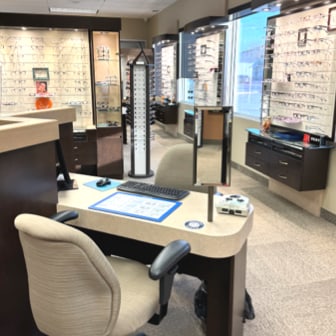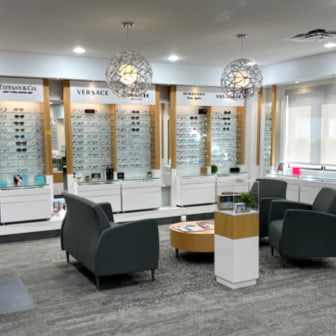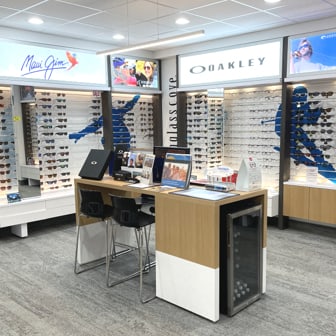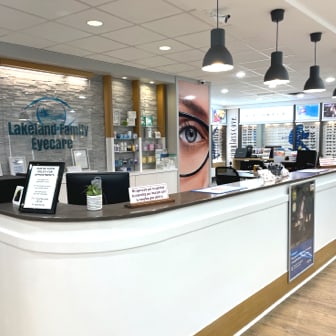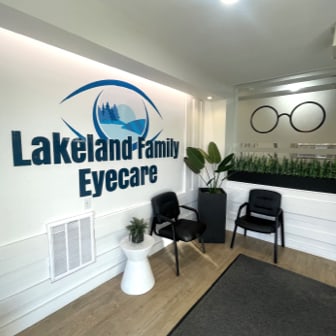Dry eyes can make wearing contact lenses a frustrating experience. The scratchiness, redness, and discomfort might even have you considering giving up contacts altogether. Luckily, with the right lenses, you can enjoy clear, comfortable vision while prioritizing your eye health.
Some of the best contacts for dry eyes include:
- Daily disposable contact lenses
- Silicone hydrogel soft contact lenses
- Scleral contact lenses
- Hybrid contact lenses
What Are Dry Eyes?
Dry eye occurs when your eyes either don’t produce enough tears or the quality of your tears isn’t good enough to keep your eyes lubricated. Tears play a crucial role in ensuring your eyes stay comfortable, but when tear production or function is disrupted, it can lead to symptoms like:
- Burning or stinging sensations
- Redness and irritation
- Blurry vision
- Eye fatigue
- A gritty or sandy feeling in the eyes
- Sensitivity to light
- Watery eyes
For those with dry eye, the discomfort can worsen when wearing contact lenses, as many lenses rely on your eyes’ natural moisture to maintain comfort. This is why selecting contact lenses designed to combat dryness is important.
Can Contacts Make Dry Eyes Worse?
Some contact lenses can exacerbate dry eye symptoms, especially if they lack the right moisture-retention technology. Traditional hydrogel lenses might seem ideal due to their high water content, but they can draw moisture from your eyes as they dry out over time. This can lead to increased dryness, especially during long hours of wear.
Thankfully, advancements in lens technology have introduced options that prioritize comfort for those with dry eyes. These lenses help reduce irritation, maintain moisture, and make wearing contacts an enjoyable experience again.
The Best Contacts for Dry Eyes
When looking for contact lenses suited for dry eyes, keep an eye out for specific features like moisture retention, breathability, and advanced materials. Here are four lenses that offer comfort for people dealing with dryness.
1. Silicone Hydrogel Soft Contact Lenses
Silicone hydrogel lenses are a game-changer for people with dry eyes. Unlike traditional hydrogel lenses, they allow more oxygen to pass through to your eyes, promoting better hydration and eye health. They’re also designed to stay moist throughout the day without pulling moisture from your eyes.
Benefits of silicone hydrogel lenses:
- Excellent breathability for healthier eyes
- Reduced risk of dryness
- Comfortable for extended wear
2. Daily Disposable Contact Lenses
Daily disposable lenses are an excellent choice for anyone with sensitive or dry eyes. Because you use a fresh pair of lenses each day, there’s no risk of protein or debris buildup, which can irritate already dry eyes. This makes them not only convenient but also incredibly hygienic.
Benefits of daily disposable lenses:
- No need for cleaning or storage
- Eliminates buildup of irritants
- Consistently fresh and comfortable experience
3. Hybrid Contact Lenses
Hybrid contact lenses are designed with a rigid gas permeable (RGP) center for sharp vision and a soft outer ring for comfort. This combination provides clarity and added oxygen flow to reduce dryness.
Benefits of hybrid contact lenses:
- Crisp, precise vision
- Enhanced breathability for less irritation
- A comfortable balance between function and feel
4. Scleral Contact Lenses
Scleral lenses are an option for those with severe dry eye symptoms. These lenses are larger than traditional contacts and cover the sclera (the white of your eye), creating a small reservoir of saline solution that keeps your cornea continuously hydrated.
Benefits of scleral contact lenses:
- Maintains consistent hydration for the cornea
- Acts as a barrier against irritants
- Ideal for moderate to severe dry eye cases
Tips for Wearing Contact Lenses with Dry Eye
While choosing the right lenses is key, adopting healthy eye care habits can make a world of difference in managing dry eye symptoms. Try incorporating these tips into your routine:
- Use artificial tears: Opt for preservative-free eye drops designed for contact lens wearers to keep your eyes moist and comfortable.
- Take breaks: Whenever possible, give your eyes a break by removing your contacts during downtime.
- Hydrate: Drinking plenty of water supports overall hydration, including your eyes.
- Adjust your environment: Use a humidifier in dry spaces, and avoid direct airflow from fans or air conditioning on your face.
- Practice good lens hygiene: Clean reusable lenses regularly and always follow the care instructions provided. For daily disposables, discard lenses after each use and avoid reusing them.
By combining smart lens choices with eye-friendly habits, you’ll set yourself up for a more comfortable and enjoyable contact lens experience.
Enjoy Comfortable Vision Even with Dry Eye
Living with dry eyes doesn’t mean you have to give up on wearing contact lenses. Today’s advanced lens options and proper care can help you see clearly and comfortably without irritation. At Lakeland Family Eye Care, we’re here to help you find the right lenses for your needs.
If you’re ready to explore solutions for dry eye friendly contacts, book an appointment with our team today.
